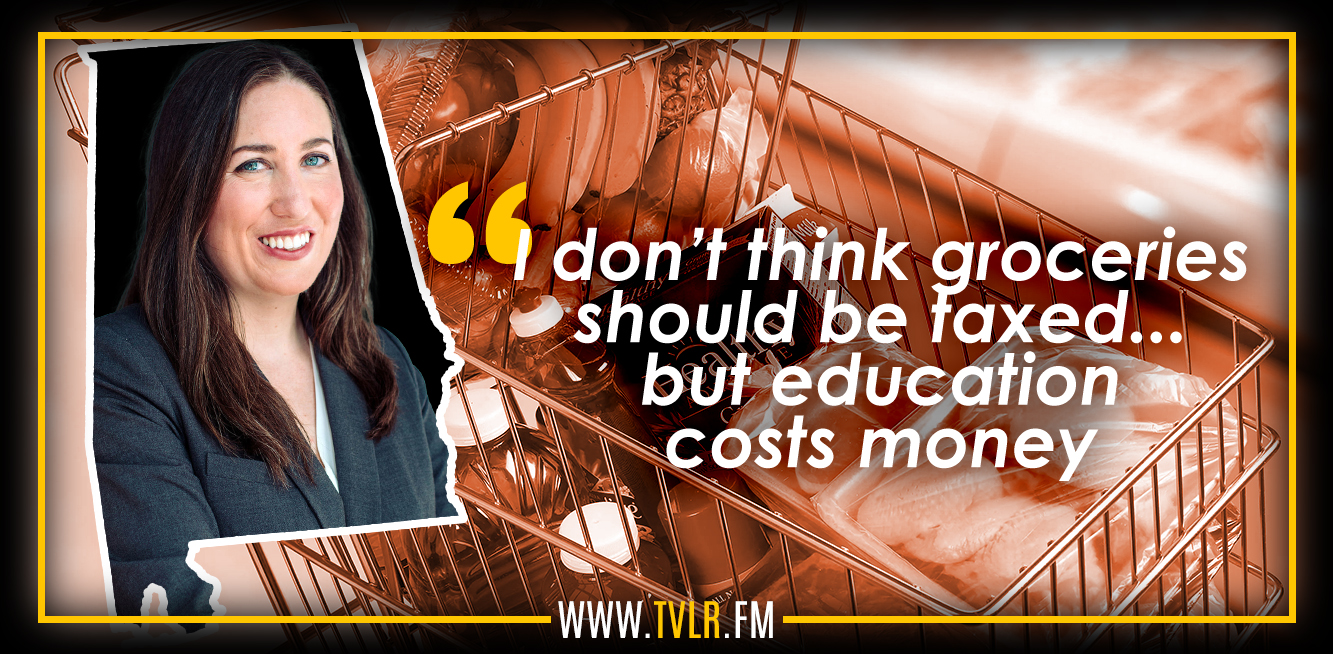labama’s grocery tax has been the subject of discussion and debate quite a bit, especially since the start of the Pandemic. Year-after-year growing inflation has been strangling the working class, not least of all here in the Yellowhammer State, and so proposals to cut grocery tax have been put forth in an effort to bring some relief to citizens. Some politicians, such as House minority leader Anthony Daniels, a Democrat, have even gone as far as proposing not only a repeal of the grocery tax but also that the State would be just fine without the lost revenue…
Alabama Arise’s Robyn Hyden joined The Valley Labor Report last week to shed some light on the situation. “I kind of wonder if it’s just trolling, to be honest,” Hyden said. “That is like a classic Right-Wing argument; it’s ‘voodoo economics,’ it’s ‘trickle down,’ it’s ‘not real.’ The fact is: I would be thrilled if, let’s say, I only have one other person in my household, so I spend $200 every two weeks on groceries. If I save 4% every two weeks on $200, I’m not then going to turn around and spend $200 on some other sales-taxable item. That just doesn’t make any sense at all. I think everyone knows that math doesn’t work.”
But what about examples of cutting grocery taxes without any system to replace the lost revenue?
“Now we have seen the city of Clay actually took the step to cut their grocery tax in half, just to see what would happen, and they have a rollback provision; I think that if their revenue falls too much they would reassess that,” Hyden explained. “And they have come out and said that so far it hasn’t been too bad of a hit to their funding.”
However, this doesn’t necessarily mean the idea can work.
“I can see the idea of ‘let’s try it for a month or two months and see how it works out’… We just know historically that education costs money, and food is one of those expenses that people spend money on every month, and it does bring in reliable sales taxes. So I don’t think we should be taxing food, but we shouldn’t be dishonest about the fact that it will cost our state money to lose that tax revenue.”
Watch the full interview with Robyn Hyden to learn more about the push to cut grocery taxes and what it would mean for our state:
